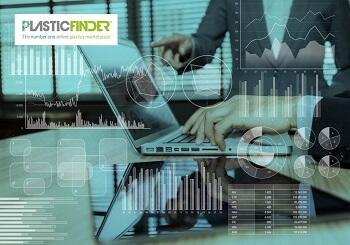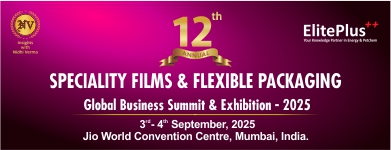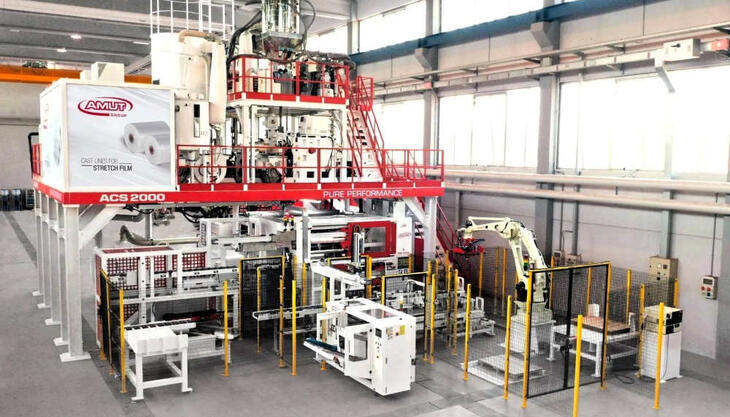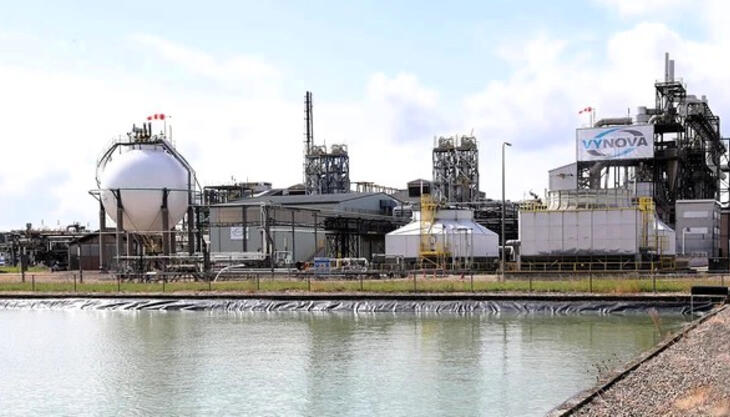Digitization and circular economy

How the web platform www.plasticfinder.it can concretely help operators to pursue "the perfect combination"?
Digital transformation exists and concerns every industrial and economic sector, but not in the same way, and with different speeds and impacts on the business structure.
But what do we mean by "digitization"? Many insiders sincerely admit that they are unable to give a coherent and exhaustive definition; let's try to get there step by step, describing the concept according to PlasticFinder's "marketplace" approach.
“Digital” according to PlasticFinder
The concept of digitization is often confused (in a limiting way) with the use of technologies that favor production and storage processes, therefore linked to the industrial part of the world of plastics: intelligent machines that collect data and allow its analysis and use in real time, tracking the entire process (Industry 4.0). This branch of digitization could be defined as “smart factory”.
However, there are two other, so to speak, more fluid components of digitalization: let's define them as "smart energy" (more efficient systems also in the use and energy saving, and in the reduction of impacts), and, what interests us most here, "smart services ”, i.e. the infrastructures and networks serving the business integration, both internal and above all external (digital transformation of the supply chain, for example).
Basically, and with an even more general vision, when we talk about digitizing the company we are also talking about adopting a completely different economic and social thinking system, which starts from the very structure of the company and involves the entire business.
If we consider a part of the supply chain, that of purchases and sales, we can identify the "Sales and Procurement Digitization", which finds one of its most complete achievements in B2B e-commerce.
We identify three levels of digitization in this field: the online store of a manufacturer or distributor; the e-platform of advertisements, with offers and requests for products; the real “Amazon-like” market-place, where the purchase and sale of products (in our case polymers) is completely carried out, with related payment support services and integrated logistics.
It is clear that the level of "disruption" compared to the traditional approach increases exponentially passing from the first to the third example cited: the marketplace represents the real online market, open, free, competitive and therefore competitive (obviously regulated by a specific use).
www.plasticfinder.it
Marketplace, therefore, with public, and available online (for a transparent, fair, loyal and attractive business), prices, equipped with supplementary services such as transaction security, integrated logistics and even the promotion of the Life Cycle Assessment concept to the advantage of the circular economy. Aspects that characterize a new way of doing business in the world of plastics, which we could define as "transparent, competitive and sustainable digitization".
PlasticFinder: Digital and Circular Economy
The opportunity for business leaders is represented by the ways in which people and technologies are integrated, with the aim of reinventing current business processes and automating new ones using emerging technologies, such as artificial intelligence and automation, able to benefit from an enormously vaster basin of supplies and possible outlets and of being able to quickly make alternative choices. A crucial goal that the plastics industry can pursue in this way is the coexistence of digital and sustainability.
The platform www.plasticfinder.it is able to operate as a blockchain, uniquely tracing the individual batches of transacted products, configuring itself as a supplier of technologies and enabling services for the circular economy and for the development of new business models.
Certified by CSI Cert (IMQ group) (certification number # 001) as the first "distributor of recycled plastic raw materials" as regards secondary raw materials, by-products and plastic from by-products, PlasticFinder offers users the certainty that each product purchased (or sold ) on the portal complies with the requirements of the UNI10667-1 standard on the recycling and recovery of plastic waste and by-products of plastic materials, with a view to guaranteeing transparency and traceability at every level of the supply chain, from the recycler to the producer of regenerated plastic compounds.
The concept of blockchain used by the portal therefore makes the perfect combination of digitalization and circular economy, or rather between innovation and respect for the environment, really close at hand.
Would you like to know more? Contact us directly:



















